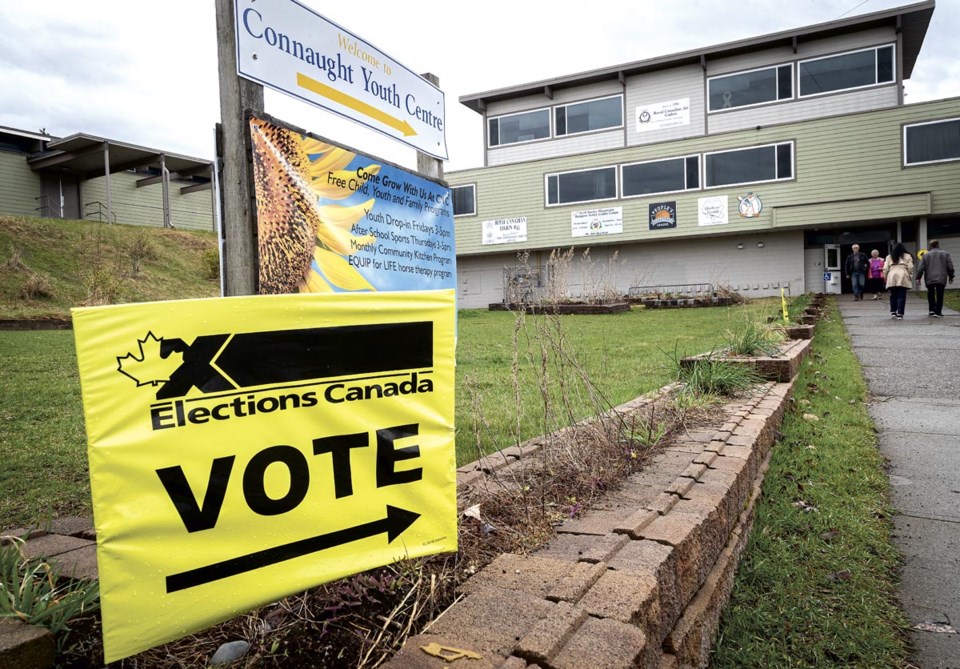When we compare voter turnout in federal elections to the much less impressive numbers we see at the municipal level, it’s hard not to feel frustrated.
The enthusiasm, the sense of civic duty, and the determination to cast a ballot seem to spike when Canadians are asked to choose their next member of Parliament (and, through that vote, their prime minister), but that same energy is conspicuously absent when it’s time to elect the people who will govern their city.
Our local municipal election held in 2022, for example, saw only 26.27 per cent of eligible voters showed up. That’s 15,310 people out of 58,300. While that figure represents a small increase over 2018’s turnout of 24 per cent, it remains deeply disappointing.
Barely one in four voters participated in a decision-making process that actively shapes the streets we live on, the services we rely on and the local policies that impact our lives daily.
A stark contrast that with the early turnout numbers in advance polls for the federal vote this week.
In Cariboo-Prince George, 12,380 people — 13.37 per cent of eligible voters — turned out over the Easter long weekend to cast their ballot early.
In Prince George-Peace River-Northern Rockies, that number was even higher: 15,341 people, or 17.33 per cent of eligible voters.
That’s early voting, not even the final turnout, and already, the numbers suggest a much higher level of participation than we see in our municipal elections.
Why the disparity? Perhaps it’s because federal elections dominate the headlines, especially this one. Political leaders from across the country have high visibility daily with national debates, high-profile media appearances, and big-budget advertising campaigns.
Federal issues — like the economy, healthcare, and foreign policy — are often more dramatic and sweeping. It’s easier to feel like we’re part of something big.
But local government matters just as much, and arguably more. City councils make decisions that impact our roads, parks, public transit, snow removal, emergency services, recreation facilities, and zoning bylaws that decide what can be built and where.
They decide how much we are going to pay for policing and fire services.
They manage our garbage collection and your water systems.
Those decisions determine how much our property taxes will go up each year. These decisions are not theoretical or abstract — they are felt in the day-to-day lives of every resident.
And unlike federal representatives, local councillors and mayors are accessible. You can run into them at the grocery store. You can call or email them and expect a response. They are directly accountable to you, the voter.
So why don’t we treat our municipal elections with the seriousness they deserve?
We’re encouraged to see renewed interest and turnout in the federal vote this year, but our hope is that this momentum doesn’t end this week. With the next municipal election just 17 months away, now is the time to build habits of civic participation, don’t let them atrophy until the next federal campaign rolls around.
We call on voters to carry this national energy into local democracy. Pay attention to city hall. Learn what your councillors are voting for. Ask questions. Hold them accountable. And most importantly, show up when it’s time to vote next fall.
Local government isn’t a sideshow. It’s the front line. Let’s stop treating municipal elections like second-class events.
This is your community. Your voice should be heard every time you get the chance.
Have your say on this with a letter to the editor: [email protected].



